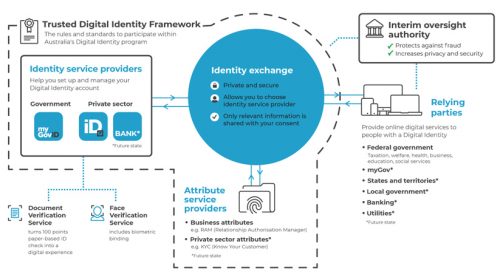From The Marshall project 09.22.2017
“I’d say, ‘What if you get convicted of a felony — and you shouldn’t have, because you didn’t get adequate defense — and now you’ve lost your gun?’ They recognized that this is really about limited government.”
Since Perry, 49, was elected in 2010, she has voted to weaken labor unions, restrict abortion, hobble gun control, boost charter schools and stop towns from limiting the use of plastic bags — a menu of standard conservative causes. The crisis in public defense, however, was not a priority for her when she arrived at the capitol. But Perry is now one of a new group of conservatives — from right-leaning legislators to the deep-pocketed Koch brothers — nudging red states toward public defense reform by citing the flawed system as just another example of big government abuse. Perry’s awakening on the issue helped propel a campaign by a longtime criminal justice advocate to persuade some of the most government-bashing politicians in America that to protect the rights of individual citizens required that same government to spend millions more in tax dollars.
The same year Perry was elected, the National Legal Aid and Defender Association published a damning report that got the Idaho legislature’s attention. Written by a legal reform expert named David Carroll, the report laid out the many failures of Idaho’s public defense system: The state provided no money for criminal lawyers for the poor; counties picked up the tab, often paying a flat fee no matter how many cases lawyers handled. As a result, Idaho’s public defenders were juggling impossible caseloads. In one county, defense lawyers spent an average of only 2.2 hours on each client. (It’s a similarly grim story nationwide: Studies have shown that public defender offices frequently fail to meet caseload guidelines set by the American Bar Association, which recommends no more than 150 felonies or 400 misdemeanors per year, per lawyer.)
Meanwhile, Perry’s colleagues were whispering that the American Civil Liberties Union was preparing to sue the state over its failure to provide adequate public defense. But the wheels of policy-making often move slowly, and it wasn’t until 2013 that Perry was appointed co-chair of a committee to improve the state’s indigent defense system. Her committee heard testimony from judges, prosecutors, defenders and experts including Carroll. “The right to counsel itself is nonpartisan,” Carroll told the legislators. “[It] goes to the core of who we are as Americans because it is a question of liberty versus tyranny.” Perry fixated on one statistic: Approximately 95 percent of criminal cases are plea-bargained, in part because public defenders are too overwhelmed to take them to trial. “That means the state never even has to prove you did anything,” Perry said. “They hold all the cards.”
READ MORE AT THE MARSHALL PROJECT
h











